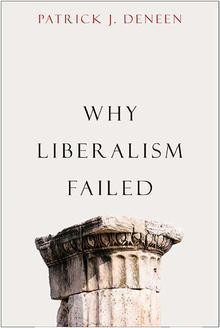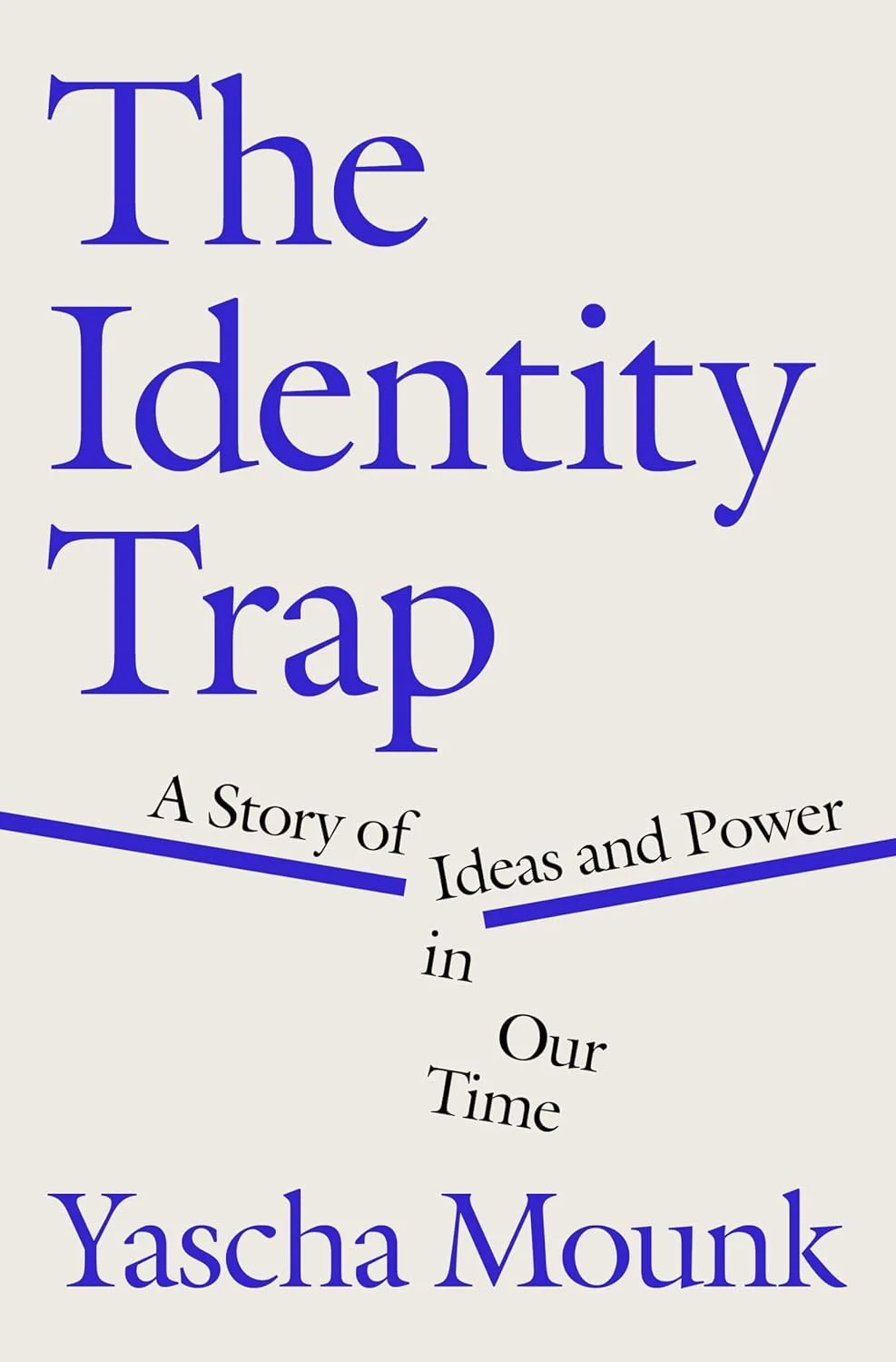Who is an Evangelical? - A Review
The term “evangelical” has drastically different meaning to many people. In popular discourse in the United States, the talking heads have a very particular definition in mind when they speak of evangelicals. They think they are speaking of white, middle and lower class, Republican-bloc voting, misogynistic, bigots who tend to fall into the “basket of deplorables” that “cling to their guns and religion” as several politicians on the left have argued. When exit polls showed that 81% of “white evangelicals” voted for Donald Trump in the 2016 election, this merely confirmed the popular opinion (bolstered by any sniff of resistance to the Obergefell decision) that evangelicals were in the tank for any rightwing idea, were politically irredeemable, and worthy of scorn.
For several decades, there has been a strong emphasis among many people who identify as evangelical on political engagement. In 1973, when the Supreme Court of the United States wrote their Roe v. Wade decision connecting the destruction of children in the womb to the United States Constitution, this began to mobilize many of those who value human life to seek political solutions to a significant moral crisis.
Unfortunately, as the old saying goes, politics makes for strange bedfellows. Therefore, the Moral Majority, comprised largely of white evangelicals and fundamentalists, became entangled in politics on the right, finding more sympathy among Republicans than Democrats. It would take a careful discussion to determine whether the bundling together of issues into left and right became more pronounced to facilitate this shift, as a result of the increased political engagement, or for other, unrelated causes.
Whatever the cause, the result has been that many of those evangelical Christians tend to vote for Republicans. The central cause of that loyalty has been concern about abortion. This loyalty has also led to many of those evangelical-Republican voters holding unrelated, morally ambiguous positions supported by the Republican party with roughly the same vigor as their concern for the lives of innocent children.
It is this bloc of the voters who identify as “born again” and typically oppose abortion that are cited as the 81% of white evangelicals who voted for Trump in the last election. This statistic is used as a cudgel in public to argue that the vast majority of doctrinal evangelicals a) voted for Trump out of racial fear (and are thus irredeemably racist), b) have abandoned the gospel because no faithful Christian could vote for Trump, and c) should be hounded out of the public square because of their beliefs, all of which represent heresies against the political orthodoxy of this moment.
Kidd’s book, Who is an Evangelical?, helps to counter some of the careless accusations that have been recently hurled at evangelicals as a result of this sloppy thinking.
For example, the 81% number is not nearly accurate, since a large plurality of evangelicals did not vote in the 2016 election. Only about 42% of white evangelicals voted. This seems somewhat surprising for a group that is often characterized as being mainly political (and thus not primarily religious) in nature, allegedly functioning as a voting bloc for right wing causes. As political movements go, only getting 42% to get to the polls is pretty depressing.
Additionally, a number of those who did vote did not vote for either major party candidate, based on my anecdotal experience. And, the exit polls do not provide a definition for the term evangelical. This has allowed people who last entered a church when they were 8 to claim to be evangelical, with the same confidence as the weekly attender. The voting patterns of those two groups are demonstrably different.
Summary
Thomas Kidd’s book, Who is an Evangelical?, was written to provide a history of the evangelical movement in the United States and to divorce the present assumed reality of evangelicals as a racially motivated, rightwing voting bloc from the historical reality of a gospel-centric, doctrinally oriented religious movement.
Kidd is an excellent historian and has spent a great deal of time thinking about the evangelical movement in the United States. His careful analysis in this volume helps to recall the social engagement of evangelicals in history, consider the doctrinal core of evangelical identity, and attempts to reclaim space for evangelicals to speak under the flag of the gospel rather than the banner of a particular political party.
In his introduction, Kidd offers a definition of his tribe: “Evangelicals are born-again Protestants who cherish the Bible as the Word of God and who emphasize a personal relationship with Jesus Christ through the Holy Spirit.” (pg 4) This is a helpful definition, because it is a trinitarian confession that recognizes the authority of Scripture and the nature of the gospel as it is outlined in the Bible.
Kidd outlines the rise of evangelicalism in the United States, beginning with the various revivals in early American history. Kidd draws on his extensive research on George Whitefield and others of that era to write an engaging and even-handed chapter. He then moves in chapter two to discuss the nature of evangelicalism in the American Civil War. They were characterized by proselytizing, deeply interested in religious liberty, and very divided on vital political issues like slavery. Many in the South defended the practice of chattel slavery, while many in the North were deeply engaged in the abolitionist movement.
Whatever degree of national cohesion there was among evangelicals before the Civil War was shattered by the division when major denominations split into regional factions over the issue of slavery. And yet, both groups retained their central theological identity. In the Jim Crow era, the term evangelical took on more racially differentiating meaning because the “fundamentalists,” who were trying to resist the doctrinal encroachments of revisionist Christianity, often shamefully neglected important social engagement. This meant that many African Americans, though doctrinally aligned with the core beliefs of evangelicals, would not accept the label because those who identified as evangelical seemed ambivalent to their valid social concerns. The Scopes Trial would shift the definition of evangelical toward opposing the public teaching of evolutionary theory in public schools, in part due to the work of the political progressive, William Jennings Bryan.
The Neo-evangelical movement began after the Scopes Trial, it was characterized by attempts to work together for evangelism and some social action, though the emphasis was strongly on the religious characteristics of the group. The contemporary popular understanding of the term evangelical as a political category was not the primary meaning of the term at any point in history. However, it was during the cultural shifts of the 60s and 70s that Republicans began to court the support of evangelicals. In part, this was accomplished because Republicans positioned themselves as being hard on communism, which was a common enemy to the gospel and to democracy. Despite the alliances that were formed, there was still a great deal of ethnic diversity among evangelicals. It was, by no means, a collection of old white men with political interests. The Moral Majority sprung out of this time, which became closely aligned with Republicanism and very vocal in the public square. Their rise helped propel the current vision of evangelicals as a certain brand of right-wing political organizers. Sometimes the line between acceptable political engagement and “excessive” political engagement was drawn along racial lines and over the types of issues being discussed. Those divisions have largely continued to this day.
Analysis
Kidd’s book, Who is an Evangelical?, is a balanced, critical look at the history of the evangelical movement from someone inside it. Unlike the caricatures that are common in popular media, Kidd provides a nuanced portrait of the gospel movement in the U.S. Notably, he does not shy away from criticizing evangelicals for their failures on issues like slavery, Civil Rights, and racial reconciliation. This is not a white wash of the record, but it does undermine the common trope that all evangelicals are racist and the entire movement was founded to preserve patriarchy, protect white power, and whatever other moral evils contemporary pundits want to heap on the group.
The portrait that emerges is that people who were engaged in the common cause of furthering the gospel united together for that purpose. Some have taken that unity as an opportunity to try to create a voting bloc on issues not directly tied (and sometimes contrary) to the gospel. Kidd’s book clarifies the history, but it also provides a nudge for contemporary gospel believers to be more careful about distinguishing justice that stems from the gospel (e.g., abolition of abortion) from prudential issues (e.g., the role of the government in establishing regulations over the economy), which are not central to evangelical belief. Evangelical has historically been a doctrinal label. We should work to make it so again.
NOTE: I received a gratis copy of this volume from the publisher with no expectation of a positive review.

























































There’s no reason to doubt that Jesus was nailed to the cross. Ultimately, I trust what Scripture says about Jesus’s crucifixion because I also trust what it says about his resurrection. And that’s what we should be celebrating this week.